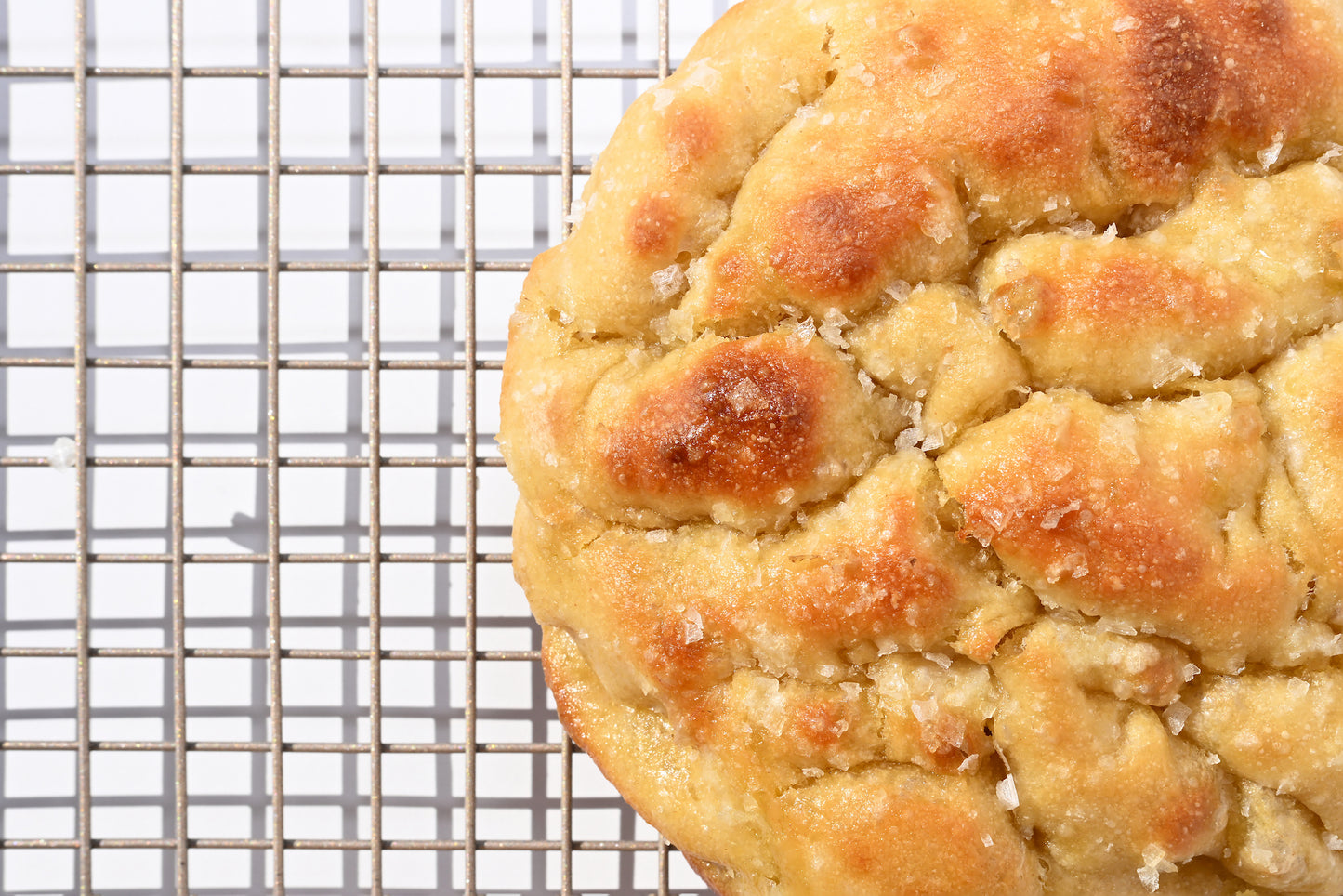Join us as we embark on a journey to uncover the dark side of the bread industry. From artificial additives and nutrient-stripped flours to questionable sourcing practices and environmental impact, we'll delve deep into the shadows cast by mass-produced bread. Think of us as your friendly neighborhood bread buddies, here to dish out the inside scoop on what really goes down in the bread aisle.
But fear not! Our mission isn't just to expose the negatives; it's also to empower you, our awesome customers, with knowledge and awareness. Armed with information, you can make informed choices about the bread you consume (really, all food in general!), ensuring that every bite is not only delicious but also aligned with your values and health. I mean, we've only got one life, am I right?
TL;DR - our aim is for you to gain a fresh perspective on the significance of transparency, integrity, and quality in each and every loaf.
Here’s 10 facts about the underbelly of the bread industry you wish you didn’t know but now do:
- Artificial additives run rampant: Many commercial bread brands utilize a plethora of artificial additives like preservatives and colorings, sacrificing nutritional value for extended shelf life and aesthetic appeal.
- Nutrient-stripped flours: Mass-produced bread often relies on highly processed flours, stripping away essential nutrients during refinement, leaving consumers with a less wholesome end product.
- Hidden sugar schemes: Even bread marketed as "healthy" or "whole grain" may contain alarming levels of added sugars, contributing to health issues without consumers' awareness.
- Dubious wheat sourcing: The wheat sourcing practices in the bread industry are often opaque, with much of the supply coming from industrial-scale monoculture farming, risking soil degradation and biodiversity loss.
- Pesticide overload is a biggie: You see, conventional wheat farming leans heavily on pesticides and herbicides. These baddies can sneak into the soil and waterways, causing major concerns for both your health and the environment.
- Bread waste epidemic: The bread industry contributes substantially to global food waste, with unsold loaves often ending up in landfills rather than being donated or repurposed, exacerbating environmental concerns.
- Exploitative labor practices: In certain regions, bread production involves exploitative labor conditions, with workers facing low wages, inadequate working conditions, and limited rights, highlighting systemic issues within the industry.
- Environmental impact: The industrial production and distribution of bread contribute to carbon emissions, with factors like transportation, packaging, and energy-intensive baking processes all playing a role in exacerbating climate change.
- Sneaky seed oils: Some store-bought breads slip in seed oils like soybean or corn oil. They're cheap, inflammatory fillers that can hang around as preservatives. The sneaky part? They're not always upfront about it on the label, so it's tough for consumers to know what they're really getting.
- Transparency crisis: The bread industry often lacks transparency regarding ingredient sourcing, production methods, and nutritional content, leaving consumers in the dark about the bread they purchase and consume. This opacity makes it challenging for individuals to make informed choices about their dietary intake, perpetuating a cycle of misinformation and potential harm.
